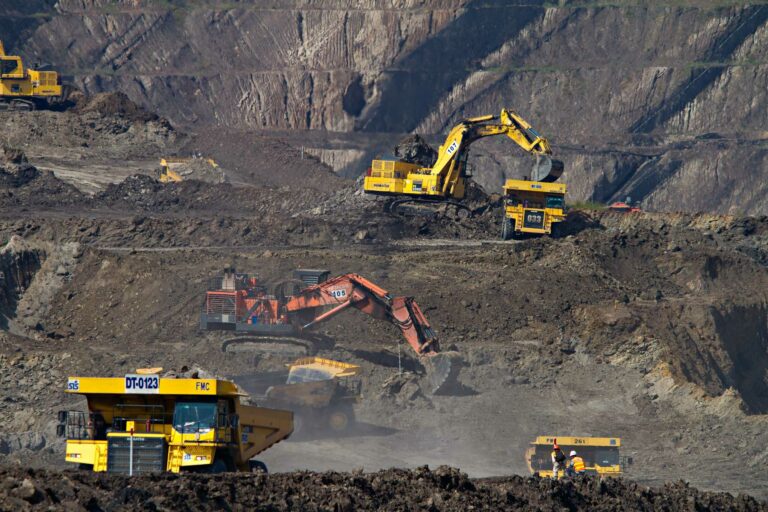As demand for electric vehicles and renewable energies surge, more critical minerals, like lithium, nickel, cobalt, and copper, will be essential to build batteries and other new technologies. To meet Paris Agreement climate goals, demand for critical minerals will need to increase more than 1,000 percent. Yet, the extraction and processing of those minerals can contribute to irreparable human rights and environmental harms if appropriate protections are not taken.
A new report by the Business and Human Rights Resource Centre found 510 abuse allegations associated with the mining of transition minerals from 2010 to 2022, with 65 new cases of abuse in 2022 alone. These abuses include threats to land rights, workers’ rights, the right to clean drinking water, and the rights of Indigenous Peoples. The report also finds a growing number of attacks on human rights defenders challenging the mining sector, including lawsuits, threats, arrests, and killings.
Around the world, the environmental and human rights impact of transitional metal mining and refining has been well documented. For instance, domestic and foreign companies are rapidly ramping up nickel mining and refining operations in Indonesia, which holds 21 percent of global nickel reserves and is currently the world’s largest producer of nickel. In an environment of weak regulatory oversight, local groups have documented numerous instances of environmental and human rights harms with the growing industry, including poisoning of fresh and sea water, labor rights abuses, and forced displacement of Indigenous communities.
Despite the growing need for critical materials to decrease reliance on fossil fuels, a just, sustainable transition to renewable energy should fully respect human rights and international law, including the right to a clean, healthy, and sustainable environment.
Mining companies should ensure that their business practices are fully respectful of local communities, including the requirement for Free, Prior, and Informed Consent from Indigenous Peoples prior to starting any operations that may impact them. EV companies should closely monitor their supply chains and stop purchasing minerals from companies whose practices are threatening local communities’ rights.
The growing minerals industries must not replicate the appalling labor and environmental practices that have long characterized mining and other industries. In order for the EV transition to be just, the rights of local communities must be fully respected in critical minerals mining and refining.







